Shari, the Soulmate Seekers Love Coach
About Shari, the Soulmate Seekers Love Coach I specialize in soulmate journeys. While getting to the heart of your issue with a straightforward approach, I’ll help you see the choices you make that lead you into the same cycles that have yet to bring you happiness and help you see why. I deeply feel emotions and can connect quickly. I’m LGBTQ, polyamorous, power exchange, and non-traditional relationship friendly. |
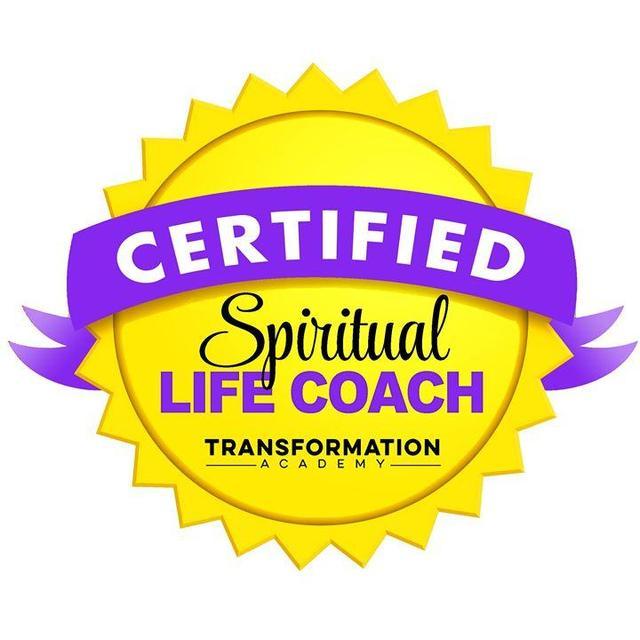
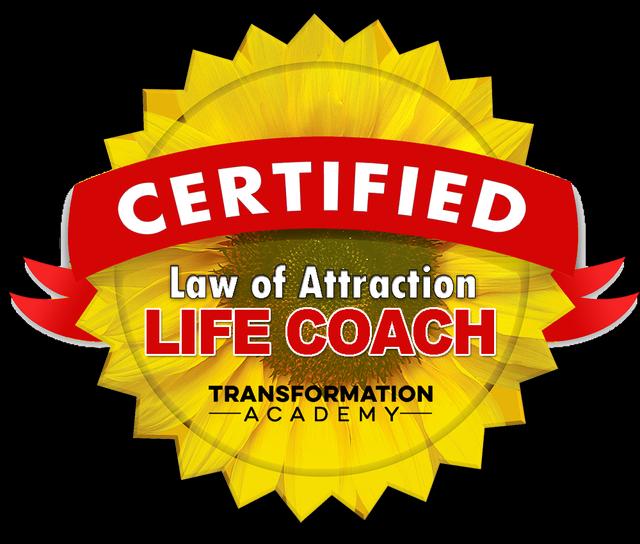
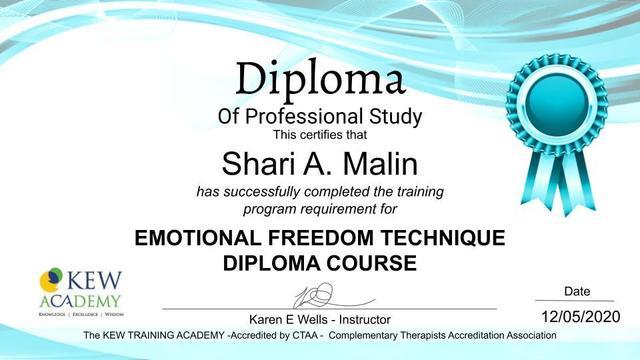
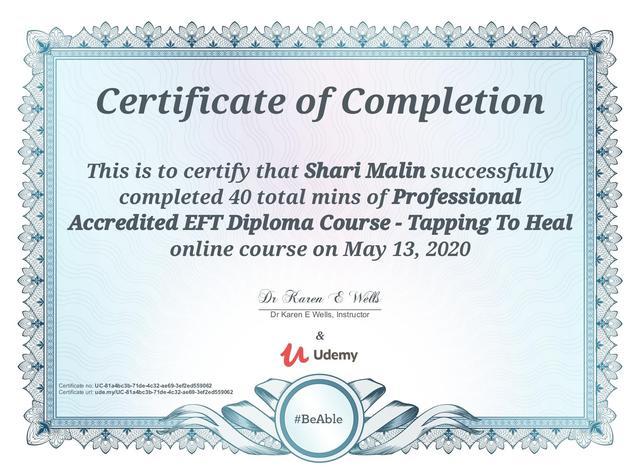
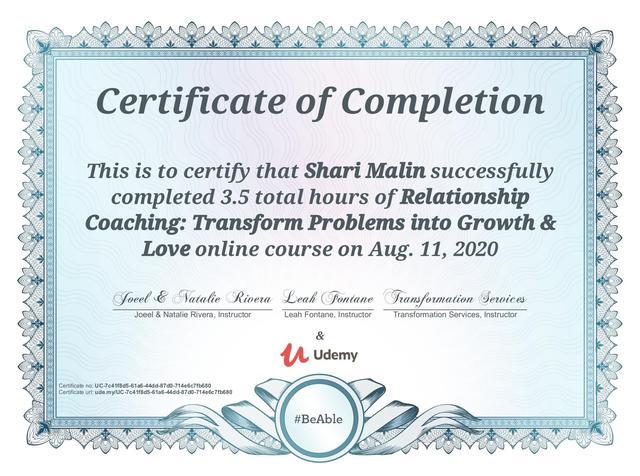
Shari, the Soulmate Seekers Love Coach doesn’t have reviews yet.
Click the button below to leave the first one!
New article Radical Transparency in Your Relationship already available! Read it now
New article Learning from Mirrored Relationships already available! Read it now
New article How the Relationship We Have With Ourselves is Mirrored in Our Other Relationships already available! Read it now
New article When Your Twin Flame Disconnects already available! Read it now
New article When You’re in a Relationship And Your Twin Flame Arrives already available! Read it now
New article When You or Your Twin Flame are Already in a Relationship When You Meet already available! Read it now
New article Soulmate Versus Twin Flame—What does it mean? already available! Read it now
New article SELF-LOVE AND CONTROLLING YOUR MEDIA CONSUMPTION already available! Read it now
New article SELF-LOVE AND CONTROLLING YOUR MEDIA CONSUMPTION already available! Read it now
New article Forgive Yourself to Love Yourself More already available! Read it now
New article Clear the Clutter Out of Your Emotional Connections already available! Read it now
New article Shift from Loving Your Partner to Nurturing them to Improve Your Relationship already available! Read it now
New session Relationship Coaching already available! Book it now
New event The Five Love Languages and The Relationship With Yourself already available! Book it now
New session Psychic Reading—Love already available! Book it now
New session Chakra Cleanse and Balance already available! Book it now